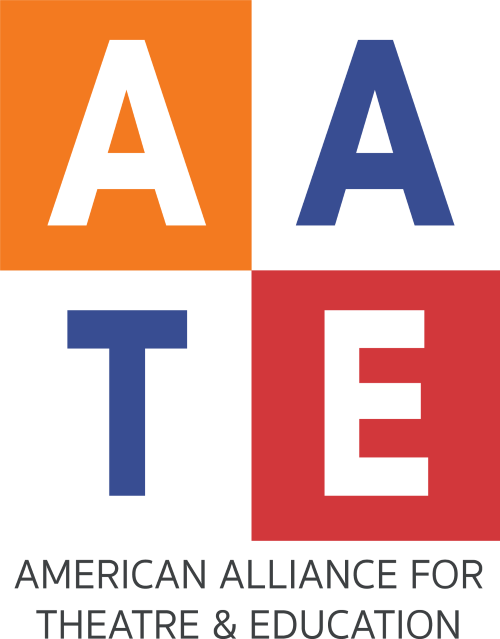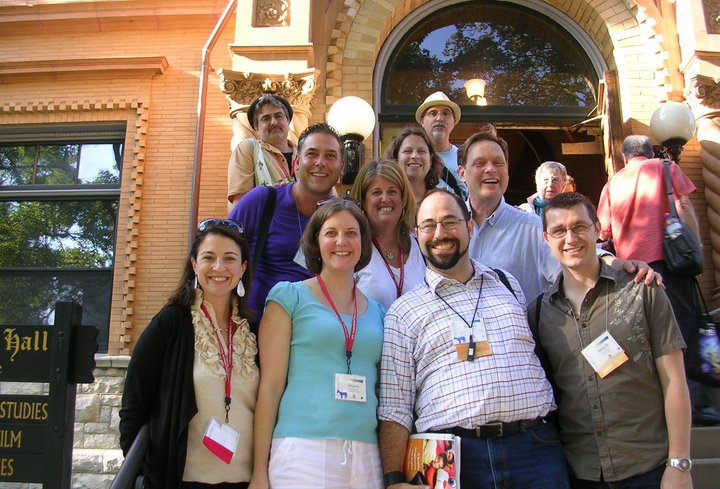- Home
- About AATE
- Membership
- Programs and Events
- Resources
- Networking
- Support AATE
- Online Store
- Contact Us
About AATEThe American Alliance for Theatre and Education (AATE), among the most recognized arts education organizations, works to ensure that every young person experiences quality theatre arts in their lives provided by proficient, talented artists and educators. AATE is a registered 501(c)3 non-profit organization. Through its membership of theatre artists, inservice and pre-service teachers, professors, directors, scholars and playwrights, AATE serves more than a million students in 48 U.S. states and 19 countries worldwide.
The benefits of early and solid education in the arts, particularly theatre arts, in producing a well-rounded, cultural society are clear – but emphasis on creativity, critical thinking and collaborative skills especially apply to all fields in the 21st century workforce. AATE strives to raise the awareness of the importance of theatre education and provides its members with services and resources to support the profession of theatre for young people.
Today, based in DC, AATE continues to advocate for arts education, serving as a national co-sponsor of Arts Advocacy Day on Capitol Hill. AATE co-authored the National Standards for Theatre Education K-12, sits on the Arts Education Partnership steering committee, the Arts Education National Advisory Council and serves on the editoria board of the Arts Education Policy Review. In collaboration with 5 of the country’s largest arts education organizations and the Partnership for 21st Century Skills, AATE co-created the 21st Century Arts Skills Map. How AATE is DifferentWhile other national organizations offer artists and educators specialized training such as teaching theatre in a classroom setting, or creating art with a specific community, AATE sparks dialogue across specializations. AATE attracts three distinct audiences – artists, scholars and educators – which allows for the cross-fertilization of ideas, sharing and networking rather than a homogeneous regeneration of knowledge. AATE demonstrates the powerful intersection of how high art enhances education and vice versa. AATE represents artists, educators and individuals at the forefront of education, and advocates for tested arts education pedagogy and the infusion of the performing arts in the classroom. AATE believes that educators with artistic interpretation and techniques can change the way they create their own lessons, which in turn transforms the lives of the young people they teach. |

